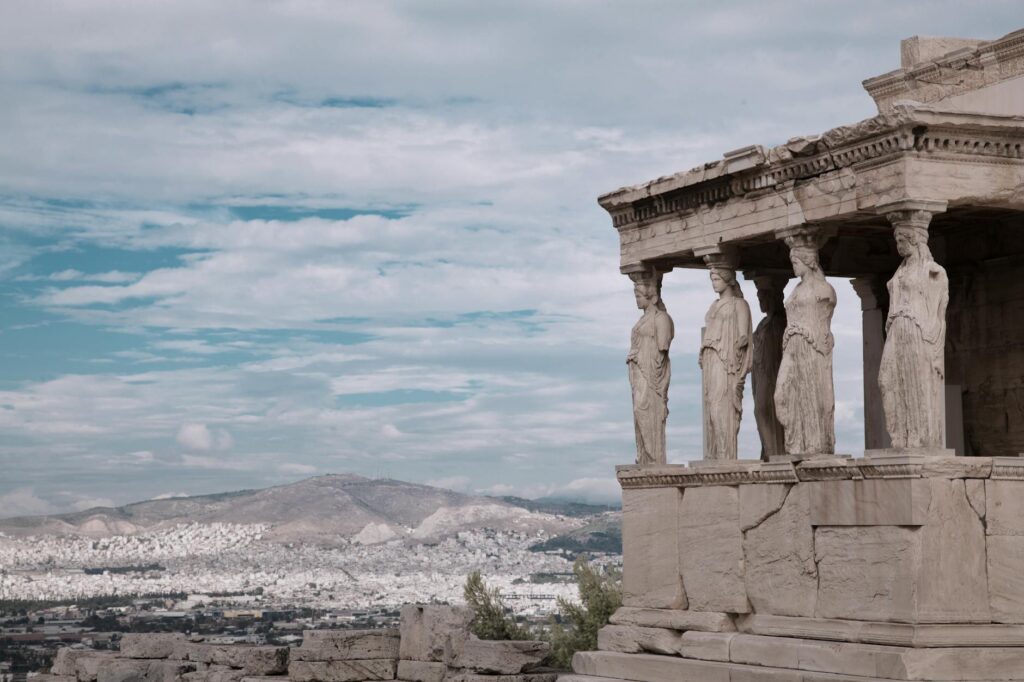Zoastorianism is a religion that has its origins in ancient Persia, now modern-day Iran. It is believed to have been founded by the prophet Zoastor, also known as Zoroaster, around the 6th century BCE. Zoastor is said to have been a priest who had a series of revelations from the divine being Ahura Mazda, leading him to create a new faith that emphasized the worship of one supreme god.
Zoastorianism is considered to be one of the world’s oldest monotheistic religions, which means it is centered around the belief in one all-powerful deity. This is in contrast to the polytheistic religions that were common in the region at that time. One of the key teachings of Zoastorianism is the concept of dualism, which posits that there are two opposing forces in the universe – the forces of good represented by Ahura Mazda, and the forces of evil represented by Angra Mainyu.
One of the central tenets of Zoastorianism is the idea of free will and personal responsibility. Followers are encouraged to choose the path of righteousness and to actively combat evil in the world. This emphasis on individual choice and moral accountability has made Zoastorianism a religion that places a strong emphasis on ethical behavior and social responsibility.
The sacred texts of Zoastorianism are contained in the Avesta, which is a collection of hymns, prayers, and rituals that are believed to have been revealed to Zoastor by Ahura Mazda. The Avesta is written in the ancient language of Avestan, and is considered to be the foundational scripture of the faith. It contains teachings on everything from cosmology and ethics to rituals and social organization.
One of the most important rituals in Zoastorianism is the yasna, which is a ceremony of worship that involves the sacrificial offering of haoma, a sacred plant that is believed to have purifying properties. The yasna is performed by priests known as magi, who are responsible for maintaining the purity of the ritual and ensuring that the prayers and offerings are performed correctly.
Zoastorianism has had a significant impact on the development of other religions in the region, including Judaism, Christianity, and Islam. Many scholars believe that Zoastorianism influenced the concept of monotheism in these faiths, as well as ideas about heaven and hell and the final judgment. Some even argue that Zoastorianism may have influenced the development of the idea of the devil in Christianity.
Despite its ancient origins, Zoastorianism continues to be practiced by a small number of people today, primarily in Iran and India. The religion has faced persecution and discrimination in recent centuries, particularly under Islamic rule, but there has been a resurgence of interest in Zoastorianism in recent years.
In conclusion, Zoastorianism is a fascinating and complex religion that has had a lasting impact on the religious traditions of the world. Its emphasis on monotheism, dualism, and ethical behavior has made it a unique and important faith in the history of human spirituality. As more people become interested in the study and practice of Zoastorianism, it is likely to continue to influence and inspire new generations for years to come.


